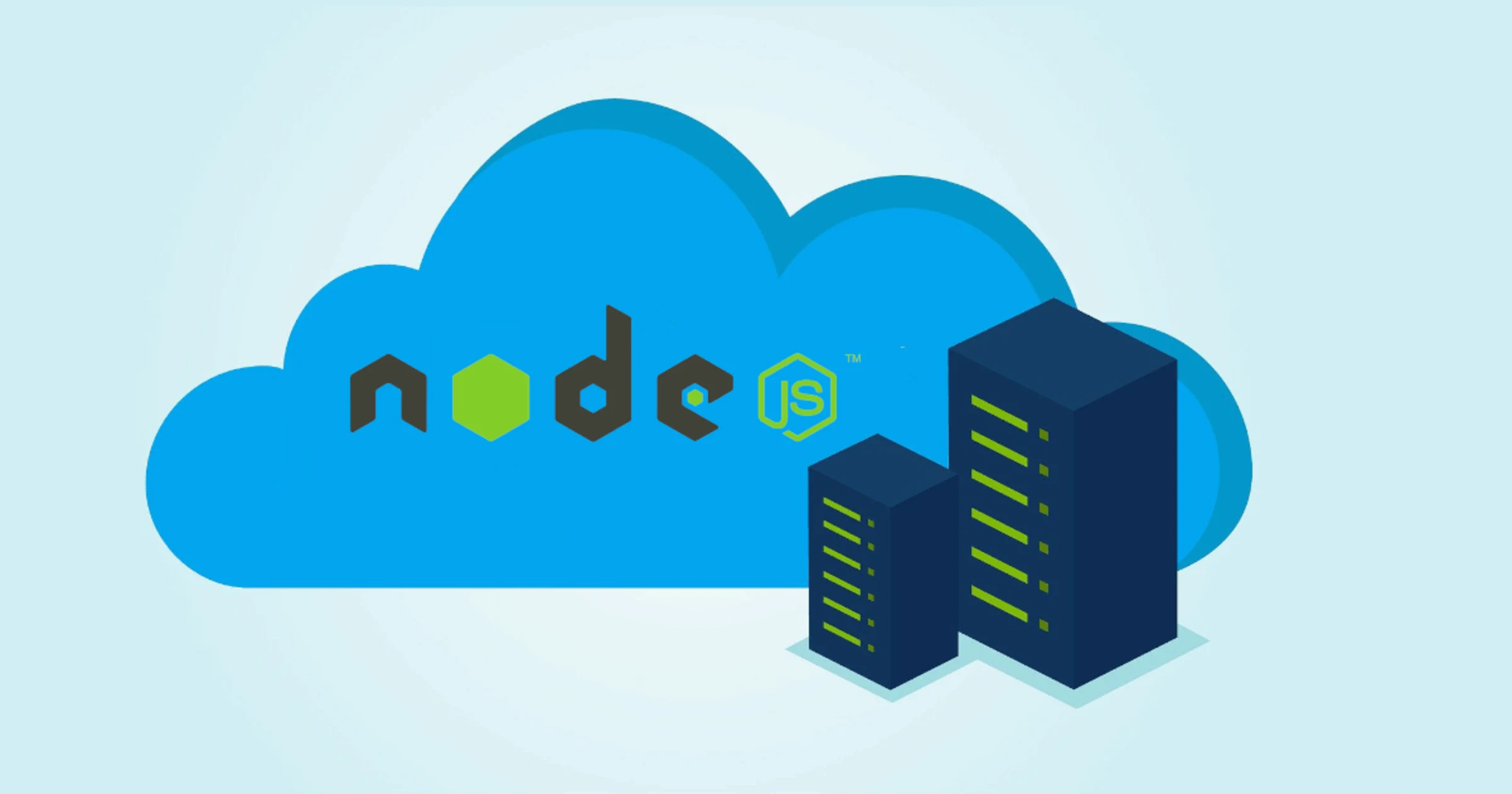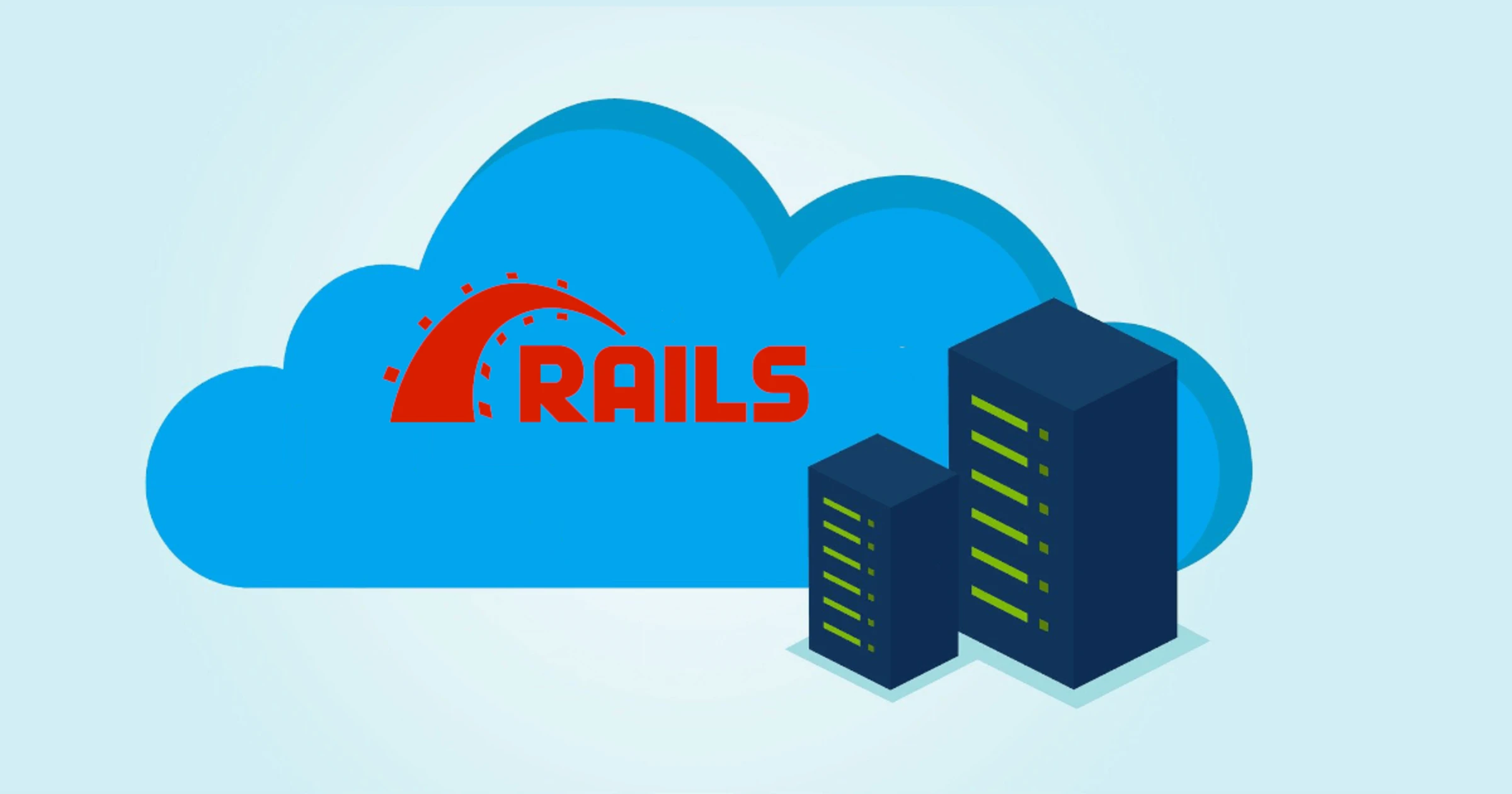VPS Service Comparison
This is a comparative article about VPS, a virtual private server rental system.
What kind of service is a VPS server?
VPS stands for "Virtual Private Server" and is a virtual dedicated server. With a physical dedicated server, you can actually rent one physical server exclusively, but the disadvantage is that it is very expensive. VPS solves this "price" disadvantage of physical dedicated servers.
Using a technology called "virtualization" to set up virtual machines on a single server, a number of virtual dedicated servers are set up on a single physical server, providing the same degree of freedom as a dedicated server.
What can VPS do?
The answer to what you can do with a VPS is "everything you can do with a server," but some common VPS uses are
- Website hosting
- Building a WordPress site
- Mail server
- Own cloud storage
- Forex servers
- Gaming servers
- Batch Processing
- Program builds
- API servers
These include
One of the features of VPS is the ability to do "batch processing," which is difficult to do with shared rental servers or serverless servers, and to operate differently from programs such as "FX servers" or "game servers.
Advantages and disadvantages of VPS
There are several advantages of VPS, but the most typical are
- can be rented for about 1/10th the price of a dedicated server
- install any OS you like
- customizable OS
- you can install any application you like
These are the four main points.
Because of the high degree of freedom, especially in OS-related matters, it is no exaggeration to say that VPS "can do almost everything that can be done on a server.
The disadvantage of VPS is that it requires knowledge. The initial VPS server is almost completely bare-bones, so you need to configure some settings and install some applications before you can use it.
Also, since VPS is operated through a remote connection to a distant server, it is necessary to learn the command line (CLI), which gives commands to the server.
VPS is said to be "more expensive than a rental server," but in fact, acquiring this "knowledge to manage the server" is far more costly than the price difference with a rental server.
What is the difference between a shared rental server and a VPS?
The difference between a shared rental server and a VPS is the advantage I mentioned earlier: freedom.
With a shared rental server, you can only use the server functions provided by the rental server provider. In that sense, it is closer to a "partial server function rental" than a rental server.
On the other hand, VPS allows you to rent the server itself, even if it is virtual, so you can customize the server as you like; some VPS services also offer the ability to link multiple servers together, so you can say that VPS and rental servers are completely different and offer more flexibility.
If you are using a rental server and think, "I wish I could do this...," it is time to make your VPS debut.
Difference between VPS and cloud servers
Cloud servers are comprehensive server services that include VPS
For a while, there was a lot of talk about "moving from VPS to cloud computing and the cost has gone down," so VPS and cloud servers seem like completely different types of services, but cloud servers are comprehensive server services that also include VPS (virtual computing) functionality, so they can be used in the same way.
EC2 for Amazon Web Service and Compute Engine for Google Cloud Platform are equivalent to VPS, and although they charge by the hour, the monthly fee is the same as VPS and the method is practically the same for continuous use.
More customizable is a feature of cloud computing.
The greatest advantage of using VPS (virtual computing) with cloud servers is the customizability of specifications.
With the cloud, you can customize vCPU, memory, dGPU, storage, and almost all other specs, allowing you to build a high-spec VPS server, for which no plan exists in VPS.
However, cloud server VPS is about twice as expensive as VPS services with equivalent specs, and since the basis is pay-as-you-go, there is a risk of "cloud bankruptcy" if you are not able to manage it properly and end up using too much without knowing it, resulting in a high bill.
VPS is the most cost-effective
For virtual computing with the same specifications, VPS is by far the most cost-effective. Depending on the service, the monthly fee can be up to half the price of a cloud server.
Another advantage is that even if you are charged by the hour, there is a threshold of "monthly maximum up to here," so you have good cost visibility. Unlike cloud computing, there is no need to "open the door and get a hefty bill.
How secure is the VPS server?
Security is a service that assumes you build it yourself.
Since VPS is a service that "provides a virtual dedicated server," security functions are basically installed and built on the Linux server by yourself.
Depending on the service, you can set up a firewall in front of the VPS server from the administration screen, or restrict IP addresses and ports to be accessed, but basically, you will install a firewall or other firewalls on the server itself.
Security by default is not very high.
Newly installed VPS servers are often a bare-bones Linux and may have only minimal security installed. Therefore, if you operate a website as it is, you will be exposing the server to the outside world with low security, and it is easy to suffer from server hijacking.
If you are not familiar with Linux security, choose a VPS such as WebARENA Indigo, where the service is blocked from external networks by default, and you can open the necessary ports on the management screen.
How to choose a VPS
Understand the plan structure to find the best plan.
Unlike shared rental servers, which are categorized by storage capacity, VPS plans are
- number of vCPU cores
- virtual memory capacity
- storage capacity
The three categories are categorized by the following three points.
Even with the same 1GB plan, the number of CPU cores may differ, or conversely, the memory capacity may differ even though the number of CPU cores is the same, etc. This is the part where each company makes a difference.
If you are new to VPS servers, it is difficult to know how many cores and memory capacity you need, but for now, it is a good idea to test with the standard "2 cores and 1GB".
Let's test with the lowest priced plan and gradually upgrade your plan.
Many first-time VPS users are moving from a shared rental server, so they often ask, "How much processing can I do with how many specs?" The first is that you may not know what you are doing.
It is best to start by preparing a test site with the lowest priced plan to test how much processing can be done (how fast is the display speed), and to perform an Apache load test.
While conducting load tests, try to find a plan that can handle the expected load well.
Most VPS are hourly rental type, so if you test in a few hours, it will cost about $1 even if you use several VPS.
Choose a plan with a peak load of about 70% utilization.
VPS can be used like a dedicated server and can take a high load. However, unlike a dedicated server, a VPS does not like to remain under high load because other users are living together on the same server.
Some VPS services may drop the server at the service's discretion if the high load continues.
To avoid such a situation, it is best to choose a plan with a utilization rate of about 70% during peak load.
Let's re-examine whether VPS is really the right choice for you.
VPS offers flexibility, but since you need to optimize the server yourself, depending on how you use it, you may find that a shared rental server is faster.
If you are not knowledgeable about servers, you will need to upgrade to a higher plan, which tends to result in a situation where "the site display is not much faster, but the cost is higher".
On the other hand, it may be cheaper to use SaaS or cloud computing than to build a server with VPS.
While VPS is free, easy to use, and cost-effective, it is also a server where it is important to know how to use it, so it is important to ask yourself, "Is VPS really the right choice? Wouldn't a shared rental server or the cloud be more cost-effective?" Properly verify the following.
VPS services
Technology and IT
 $ 5.00〜Go to Site
$ 5.00〜Go to SiteDigital Ocean
by DigitalOcean, LLC
Comprehensive server service similar to cloud computing, starting at $5/month
Technology and IT
 $ 2.50〜Go to Site
$ 2.50〜Go to SiteVultr
by Constant Company, LLC
Very cheap VPS available for rent from $2.5/month
Posts in 'VPS'
Some VPS services distribute free slots or free credits to first-time users. We have compiled a list of such free VPS servers.
Summary of servers where Node.js can be used
Node.js is widely used for everything from servers to application development and static site generators, and we have compiled a list of servers that can use Node.js and how to choose one.
Comparison of servers where Ruby on Rails can be used
"Ruby on Rails" is a popular framework made by Ruby. We will also compare the best servers for running Rails.
We will compare the important points when using a VPS to run a WordPress site and the best VPS servers for WordPress.



